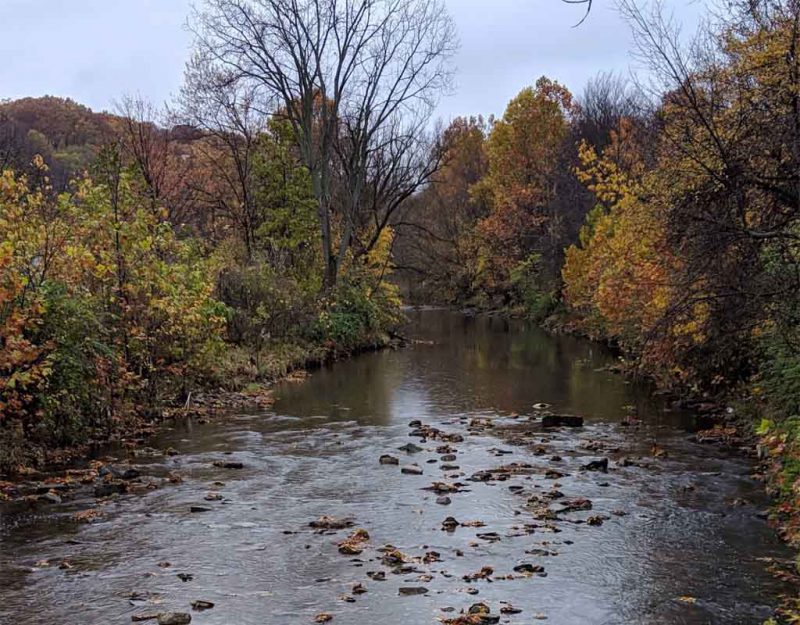Natural Nihilism
Humans tend to swing to extremes: “yes, this benefits me” and “no, I fear this.” Our brains require that we first assess anything coming our way by this yardstick, since otherwise we run the risk of injury or death from something that we should fear.
Our brains carry on this cycle through whatever we think about, discarding the upsetting and preserving the flattering, which creates a polarized state. We rely on the pleasant, but fear that the disturbing is just around the corner, which causes us to nervously seek it out in fear that we are self-deluded.
This causes us to see the world as good objects and bad spirits, with the good becoming overwhelmed periodically by the intrusion of bad spirits. For this reason, we tend to categorize things as 100% good or 100% bad, and project our human notions of “good” onto the former.
In the case of nature, this presents a new paradox. We like to think of “all natural” ingredients as good, but the Black Plague is all-natural too. We think of “chemicals” in food as bad, but technically, everything in food is a chemical of some kind. We either idealize nature as fuzzy baby lions or recoil in horror from the red fangs of the predator. We cannot deal with something that fits between our categories of “good” and “bad,” because those are projections of our own hopes and fears.
As it turns out, nihilism helps us understand nature and the fundamental literality of existence:
Too much focus on our understandable, emotional reactions to an otter, for example, can leave us thinking they are ‘cute’. Yet anyone who has had experiences with otters will understand that they can be murderous & cruel, and have smelly breath, as well as their more attractive traits. An example of this is a paddling pal who had a Pacific sea otter climb onto her kayak off the coast of Canada. In response to how “amazing” that interaction must have been, she explains that it was “terrifying” to be of such interest to a predator!
This ‘cute’ perspective is also misapplied to ‘Mother Earth’ on the assumption that our planet benevolently cradles us, sometimes prompting an idea that we humans could live a better life according to nature’s laws. However, when you look at nature’s wonderful array of parasites, engagement in chemical warfare, infanticide, mass extinction and so on, it can give quite a different perspective on such notions! Being able to take a nihilistic perspective can therefore help us to explore the world in a more open & scientific manner, with inquisitive senses & minds unfettered by our emotional reactions, to our own projections. David Attenborough for one, makes it very clear that the wonders of the world are still manifest in quiet, gentle, calm tones.
Nature does not fit into our easy categories of “good” and “bad,” except when we look toward its ultimate end, namely the “meta-good” or the fact that we are enjoying being here, able to think and move, in a world of great beauty, all of which depends on nature and its methods.
This breaks down the idea of good and bad as framed from a human axis. Our deaths may be tragedies, but they are necessary in order to maintain this order which tends toward beauty, sanity, and health. Life has risk, but without it, life would become repetitive and pointless.
We struggle as all things in nature struggle because we are part of nature, and nature is more mechanical than we think: it rewards that which adapts, and boots that which does not, gradually tending toward a prevalence of competence and mental clarity instead of disorder and delusion.
Nihilism says that there are no universal truths, values, or communications. This applies to our world as well; judgments of “good” and “bad” are human truths, interpretations and assessments of the world, not the world itself.
Smarter than us, and geared toward the long game, it keeps producing that which functions, keeping the best in order to perpetuate and destroying the worst. Some of this is chance, or chaos; some is manifestly unfair, cruel, and terrifying.










